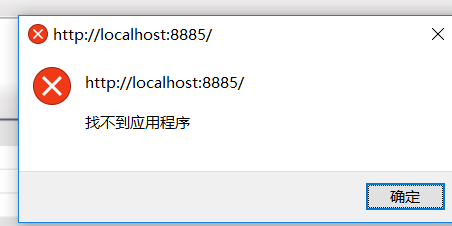I extracted simple example:
require \'pp\'
x = 1..3
pp x.map do |i| {:value => i, :double => (i*2)} end
pp x.map { |i| {:value => i, :double => (i*2)} }
pp(x.map do |i| {:value => i, :double => (i*2)} end)
pp(x.map { |i| {:value => i, :double => (i*2)} })
I am wondering why first pp produces:
[1, 2, 3]
While all the oders are giving:
[{:value=>1, :double=>2}, {:value=>2, :double=>4}, {:value=>3, :double=>6}]
I assume it has something to do with operator precedence. Where can I find good explanation?


